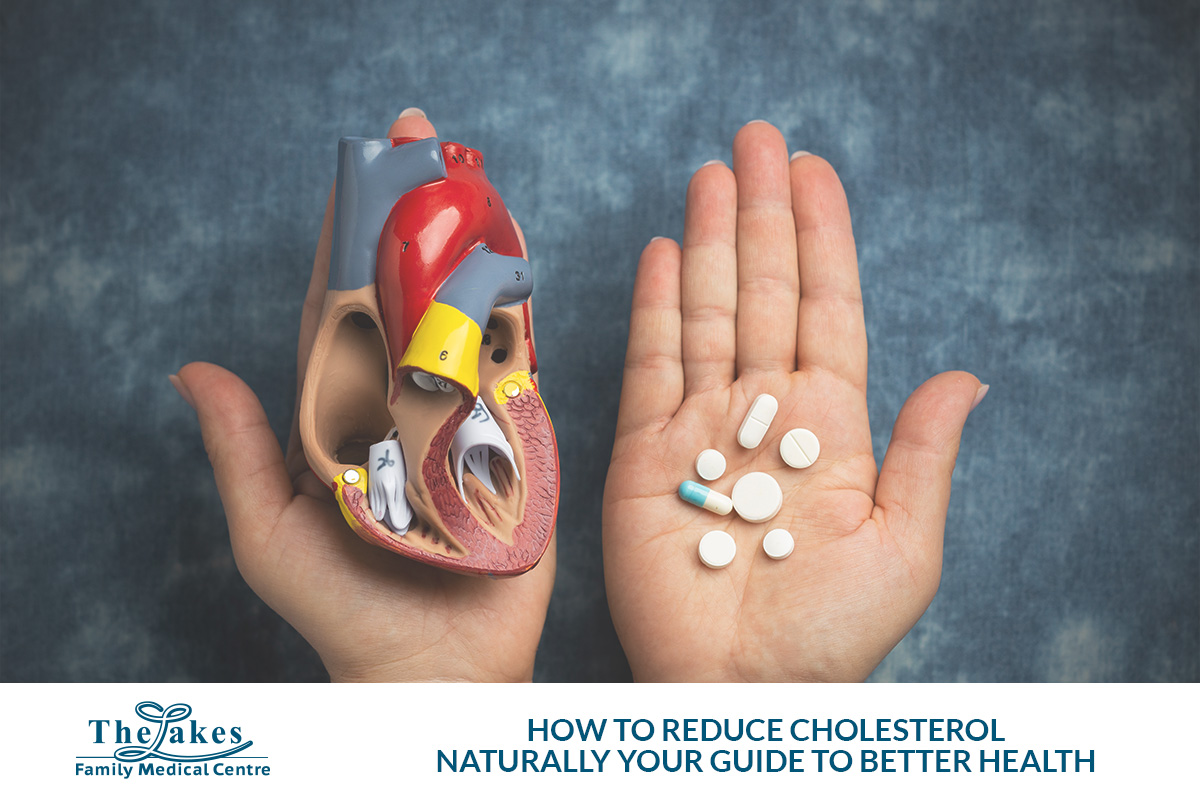
High cholesterol is a common yet serious health concern that affects millions of Australians. Left unmanaged, it can lead to heart disease, stroke and other chronic conditions. Fortunately, making a few simple changes to your diet, lifestyle and daily routine can help lower your cholesterol and improve your heart health.
At Lakes Family Medical Centre in Brisbane, our GPs provide personalised care and prevention-focused support to help you reduce your cholesterol. This guide explains what cholesterol is, what causes it to rise and most importantly, how you can take control of your health.
What You’ll Learn in This Article
- What cholesterol is and why it matters
- The difference between good and bad cholesterol
- Common causes of high cholesterol
- How to reduce cholesterol naturally through diet
- Lifestyle changes that support heart health
- How your GP can help with cholesterol management
What Is Cholesterol?
Cholesterol is a waxy substance your liver produces. It plays a key role in building cells and making hormones. However, too much cholesterol in your blood can increase your risk of cardiovascular disease.
Types of Cholesterol
There are two main types of cholesterol:
- LDL (Low-Density Lipoprotein) – Often called “bad cholesterol”, LDL contributes to plaque build-up in your arteries.
- HDL (High-Density Lipoprotein) – Referred to as “good cholesterol”, HDL helps remove excess cholesterol from your bloodstream.
When your LDL is too high or your HDL is too low, you may be at increased risk of heart attack and stroke. Since high cholesterol often causes no symptoms, a simple blood test is the only way to know your levels.
Why You Should Get a Cholesterol Check
In Australia, it is recommended that:
- Adults over 45 should have a cholesterol test every 1–2 years
- Aboriginal and Torres Strait Islander people should start screening from age 18
- Anyone with a family history of high cholesterol or heart disease should speak with their GP earlier
Your GP can conduct a cholesterol check as part of a Heart Health Check, which includes a full cardiovascular risk assessment.
What Causes High Cholesterol?
Several factors can raise your cholesterol levels. Understanding them can help you make effective changes.
Diet-Related Causes
- Eating too many foods high in saturated fats and trans fats, such as deep-fried takeaway, processed meats and baked goods
- Low intake of healthy fats, such as those in avocados, nuts, seeds and olive oil
- Low dietary fibre intake, especially from whole grains, legumes, fruits and vegetables
Lifestyle-Related Causes
- Physical inactivity or a sedentary lifestyle
- Being overweight or obese, particularly with excess belly fat
- Smoking, which lowers HDL and damages arteries
- Excessive alcohol intake, which increases triglycerides
Medical and Genetic Causes
- Family history of high cholesterol or inherited conditions like familial hypercholesterolemia
- Conditions such as type 2 diabetes, kidney disease or underactive thyroid
- Medications that may affect lipid levels
How to Reduce Cholesterol Naturally Through Diet
One of the most effective ways to manage your cholesterol is through a heart-healthy diet. Here’s how you can make changes that matter.
Eat More of These Foods
- Vegetables and Fruits – Aim for at least three servings of vegetables and two servings of fruit daily
- Whole grains – Choose oats, barley, brown rice, quinoa and wholegrain bread
- Legumes and Beans – Add lentils, chickpeas and kidney beans to soups, stews and salads
- Oily Fish – Eat fish like salmon, tuna and sardines 2–3 times per week
- Healthy Fats – Use extra virgin olive oil, avocado, tahini and nuts instead of butter or cream
- Reduced-Fat Dairy – Select unflavoured milk, yoghurt and cheese with no added sugar
- Plant Sterols – Include products like sterol-enriched margarine or fortified cereals to help reduce LDL
Cut Back or Avoid These Foods
- Saturated fats from red meat, full-cream dairy, coconut oil and processed foods
- Trans fats found in fried takeaway, pastries and commercially baked goods
- Highly processed snacks and sugary drinks
- Processed meats such as bacon, salami and ham
Portion Control for Better Heart Health
Even healthy food can raise cholesterol if consumed in large portions. Follow the healthy plate model:
- Half your plate: vegetables or salad
- One-quarter: whole grains
- One-quarter: lean protein
Lifestyle Changes to Improve Cholesterol Levels
While diet plays a major role, lifestyle changes are equally important when reducing cholesterol.
Get Regular Physical Activity
Aim for at least 30 minutes of moderate-intensity exercise, like brisk walking, swimming or cycling, on most days. Physical activity helps raise HDL and lower LDL cholesterol.
Stop Smoking
Quitting smoking improves your cholesterol profile and reduces your risk of cardiovascular disease. Talk to your GP about quitting aids and support services like Quitline.
Maintain a Healthy Weight
Even losing 5–10% of your body weight can lead to significant improvements in your cholesterol and triglyceride levels.
Limit Alcohol Consumption
Stick to the national guidelines no more than 10 standard drinks per week and no more than 4 per day. Reducing alcohol lowers triglycerides and supports liver function.
Improve Sleep and Manage Stress
Chronic stress and poor sleep may indirectly increase cholesterol levels. Prioritise quality sleep and relaxation techniques like walking, stretching or meditation.
Understanding Triglycerides
Triglycerides are another type of fat in your blood. High triglycerides, combined with high LDL, further increase your risk of heart disease.
Lower Triglycerides by:
- Following a heart-healthy diet
- Cutting back on sugar and refined carbohydrates
- Avoiding sugary drinks
- Reducing alcohol intake
- Maintaining a healthy weight
- Eating oily fish regularly
How Your GP Can Help with Cholesterol Management
GPs play a key role in supporting your heart health. When you visit us for a cholesterol check or Heart Health Check. they may:
- Order a blood lipid profile to measure LDL, HDL, total cholesterol and triglycerides
- Assess your risk of heart disease based on age, family history, lifestyle and other medical conditions
- Recommend a personalised management plan
- Refer you to a dietician or allied health professional if needed
- Prescribe cholesterol-lowering medication if lifestyle changes are not enough
Final Thoughts
High cholesterol may be silent, but it is not inevitable and it is certainly not unmanageable. By taking charge of your diet, increasing physical activity and working closely with your GP, you can reduce your cholesterol naturally and protect your long-term heart health. At Lakes Family Medical Centre, we support your health at every stage from preventive checks to personalised care plans. Do not wait for symptoms. Stay proactive and start making changes today.
Related Articles:




